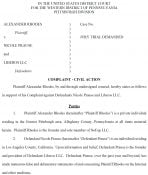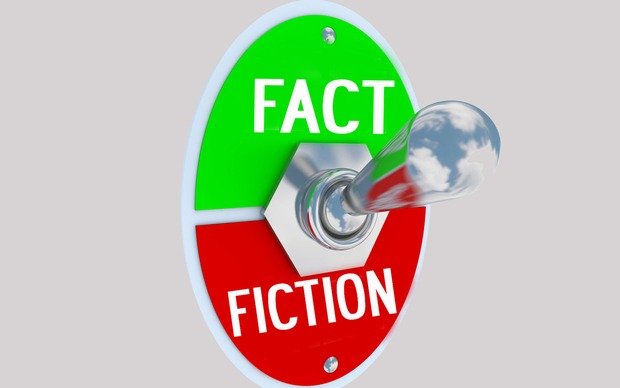On October 23, 2019 Alexander Rhodes (founder of reddit/nofap and NoFap.com) filed a defamation lawsuit against Nicole R Prause and Liberos LLC. See the court docket here. Downloadable PDFs of the three primary court documents filed by Rhodes (screenshots below): Alex Rhodes defamation suit against Nicole Prause: The initial complaint – 15 pages. (screenshots of […]
Read More… from NoFap founder Alexander Rhodes defamation lawsuit against Nicole Prause / Liberos






